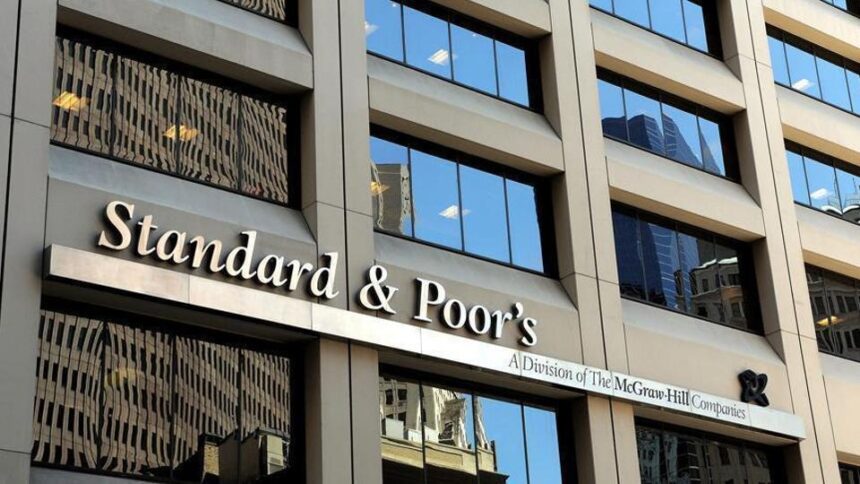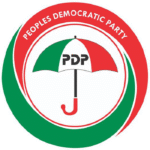A global rating agency, Standard and Poor’s (S&P) Global Ratings, has officially revised Nigeria’s outlook to ‘Positive’ from ‘Stable’.
The agency also affirming its ‘B-/B’ long- and short-term ratings of the Nigerian economy.
The agency explained that the review of Nigeria’s outlook to ‘Positive’ signals its belief in the potential for continued economic improvement driven by the reform agenda initiated by President Bola Tinubu’s administration since mid-2023.
S&P cited several key indicators for the optimistic revision, highlighting that broad-based structural indicators are beginning to improve.
According to the agency, these include the liberalization of the exchange rate regime and substantial fiscal consolidation measures, most notably the removal of the costly fuel subsidy.
The reform momentum is further bolstered by anticipated enhanced revenue collection efforts and an expected increase in oil production.
S&P now projects Nigeria’s economic growth to average 3.7% over 2025-2028, a notable increase from their previous forecast of 3.2%, based on higher oil output and strengthening private sector confidence.
“In our view, the monetary, economic, and fiscal reforms being implemented by Nigerian authorities will yield positive benefits over the medium term.
“The growth outlook is improving for both the hydrocarbon and non-hydrocarbon sectors.
“We have revised Nigeria’s outlook to ‘Positive’ from ‘Stable’, based on the potential for continued gains, particularly in our external and monetary analysis.
“We also affirmed our ‘B-/B’ sovereign credit ratings on Nigeria,” S&P said in a statement.
It also affirmed that the ongoing economic reform policies being put in place by the current administration will eventually yield positive outcomes.
“The monetary, economic, and fiscal reforms being implemented by Nigerian authorities will yield positive benefits over the medium term.”
“Broad-based structural indicators are starting to improve following reform momentum that has been maintained since mid-2023.
“The reforms were initiated in mid-2023 following the election of President Bola Tinubu’s administration.
“Since then, a concerted reform drive encompassing the liberalization of the exchange rate regime, significant fiscal consolidation measures (notably the removal of fuel subsidies, and enhanced revenue collection), increased oil production, and the commissioning of the substantial new Dangote refinery have placed external, fiscal, economic, and monetary indicators on a more positive trajectory.
“While key weaknesses and risks persist, we anticipate the positive trend in related indicators will continue, albeit more slowly. Our growth expectations have strengthened to an average of 3.7% over 2025-2028 (from 3.2% before) following expected higher oil production and improving private sector confidence. We expect inflation to gradually decrease toward 13% in 2028.”
S&P warned that it could revise the outlook back to stable if Nigeria’s reform programme falters, if debt-servicing pressures rise, or if domestic markets show reduced capacity to absorb government borrowing.
Confidence-sensitive capital outflows also pose a downside risk. Conversely, an upgrade is possible within the next 12 months if economic performance exceeds expectations and fiscal and external indicators strengthen further,” the agency added in the statement.
The development comes after Tinubu, in 2023, launched reforms, scrapping petrol subsidy and removing currency trading restrictions which he said are necessary to spur growth and attract foreign investment.
In May, Moody’s upgraded Nigeria’s rating by one notch to “B3” from “Caa1”, citing notable improvements in the country’s external and fiscal positions, while Fitch last month kept its “B” rating and “stable” outlook.





